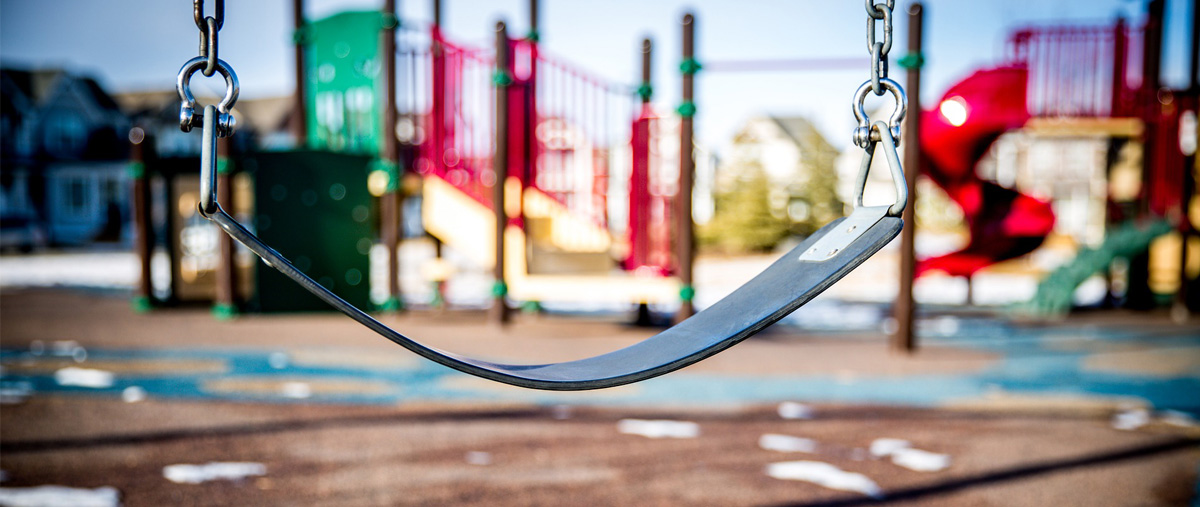We are all concerned about the safety of children at school, including the dangers of physical or sexual assault. Special education pupils may be especially at risk and can present supervision challenges for your district.
The California Supreme Court has ruled extensively that teachers and other school employees must adequately supervise all students on school grounds and enforce rules and regulations protecting them from harm. The degree of care that school employees must follow is that which a person of ordinary prudence, charged with comparable duties, would exercise under the same circumstances. Failure to provide adequate supervision is considered “negligent supervision.”
A total lack of supervision or ineffective supervision can constitute a failure of ordinary care on the part of school personnel. While it may be that another student committed an assault, litigation is often directed toward the teachers and school district because of this duty to adequately supervise students.
Schools must protect students from foreseeable injuries, including those caused by other students known to pose a danger. Courts have found school districts liable for sexual assaults on school grounds by other students, even when the same type of incident had not occurred previously.
“Failure to provide adequate supervision is considered 'negligent supervision'.”
Because of their vulnerability, supervising special education students merits greater caution on the part of school districts and their employees. Special education students who have exhibited violent or other inappropriate behavior usually require placement in a different educational setting or closer supervision to meet the standard of care. Carefully consider these potential liability risks in establishing policies and staffing assignments in and outside of classrooms:
- Monitoring the location and activities of special needs students, recognizing both their limited ability to protect themselves and potential behavioral issues
- Periods where special education students are permitted to freely interact with the general student population, such as lunchtime and recess
- Areas on campus that are isolated or obstructed from view, where students may evade supervision
- Before and after school hours when the campus may be accessed but no adult supervision is assigned
Proper supervision is a central component in protecting all of your students from physical and sexual assault. Training your staff and volunteer monitors on supervision – and the particular concerns for special education – can help prevent tragic consequences for pupils and your school.


